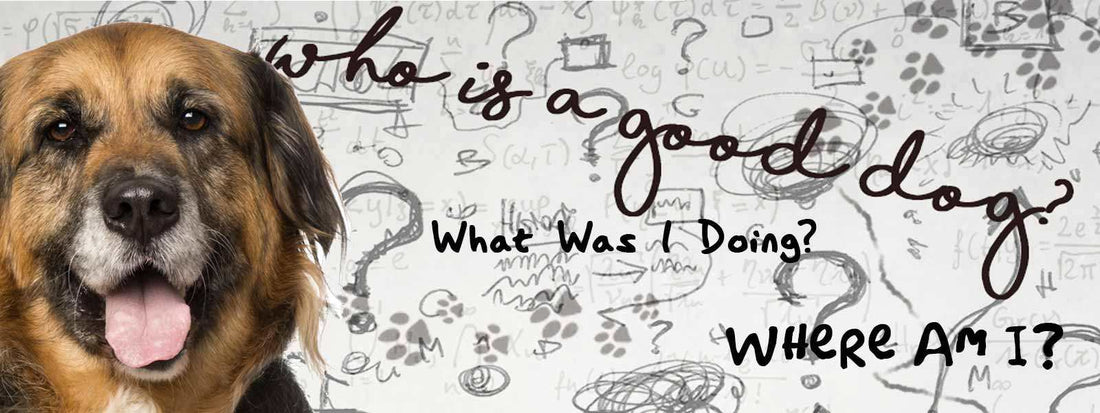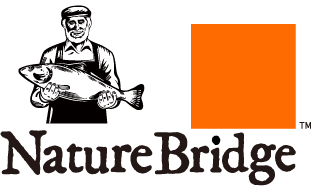
What Should a Senior Dog Eat?
Share
In the previous article, we mentioned the amount of exercise in senior dogs, but that isn’t the only aspect you should consider. In addition, their diet can improve their condition and boost their immune system to live a healthy life despite their old age.

Why Do Elderly Dogs Need to Adjust Their Diet?
Once a dog reaches old age, its bodily functions will change. That means its weight will change significantly, and its physical strength will not be as good as before. Therefore, in addition to adjusting the amount of exercise and exercise time, the owner also needs to pay more attention to the dog’s diet. Due to a gradual decline in their metabolism, digestion, and absorption, the diet of senior dogs is very different from that of adult dogs. Therefore, you must understand what your old dogs can eat and how to optimize their meals to be highly nutritious.
Like humans, elderly dogs combat diseases such as obesity, diabetes, and heart disease. Therefore, it is necessary to control the quality of the diet and the intake of various nutrients. If your senior dog has any underlying condition, you must pay social attention to their food ingredients and the nutrition proportion. As for old dogs without major diseases and reduced exercise, you must keep close track of their calorie intake. Protein, minerals, salt, and fat must be adjusted appropriately to better adapt to their condition.
What Should You Feed A Senior Dog?
1. Give Them Senior Dog Food
If you mainly feed your dog kibble dog food every day, you should consider senior dog food when they reach old age. This version of dog food is designed according to the physical characteristics of senior dogs. For example, older dogs need more high-quality protein than adult dogs, so their special food contains a more considerable amount of high-quality protein to support muscle activity. Similarly, the fat and protein content is also kept at a relatively balanced level.
Some experts believe that senior dogs should consume less protein due to their weaker metabolic capacity. However, such a small amount does not mean the protein should be of low quality, which is why many pet foods emphasize that their content is from high-quality protein sources. Also, consider adding essential nutrients to improve the nutritional value of dog food for senior dogs. For example, omega-3 fatty acids can support the joint health and mobility of elderly dogs, while vitamin A and linoleic acid can better support healthy skin and fur.
Keep Them Hydrated
Older dogs are prone to dehydration, so the owner should prepare enough water at home and take a water bottle when going for a walk to prevent the dog from becoming too dehydrated. Such frequent drinking can effectively prevent kidney disease and optimize your dog’s circulatory system. If your dog doesn’t like drinking water, consider adding water to their dry food or give them more fruits, vegetables, and wet food.
- Nutritional Supplements
You can add special supplements to the daily diet of your old companion. Appropriate supplements are efficient for certain diseases and have a preventive function in some conditions.
The use of supplements might not be necessary if your elderly dog has been eating nutritionally balanced dog food that meets objective standards. Also, keep in mind that supplements may have side effects or interact with certain drugs, so be sure to follow your veterinarian’s instructions.
- Senior Dogs with Health Problems Need Special Diets
The dog food mentioned above for elderly dogs is more suitable for healthy old dogs or dogs just entering old age, but they are not designed for dogs with health problems. For dogs with health problems, the owner can adjust the dog’s diet in a targeted manner according to the guidance of the veterinarian and the following common examples:
- Diabetes: Dogs with diabetes should be fed foods containing carbohydrates. These foods cause the slow release of glucose over some time and still meet their nutritional needs. In addition, they should also be given low-fat foods to maintain proper body weight.
- Heart disease: Paying attention to the intake of nutrients is very important for treating dogs with heart disease. The most common recommendation is to limit sodium intake at all stages of heart disease strictly. This method has been a dietary adjustment method for many years.
In recent years, more and more new information about the best dietary adjustments for dogs, but most studies have focused on dogs with severe heart disease (after signs of congestive heart failure appear).
However, dogs with early heart disease can also benefit from dietary adjustments when they may have no symptoms or only mild clinical signs. However, whether it is in the asymptomatic period or the presence of CHF (congestive heart failure), we still do not know the optimal nutritional concentration after diet adjustment.
- Osteoarthritis: For dogs suffering from osteoarthritis, the most important thing is maintaining weight and controlling fat intake. Otherwise, it will cause a lot of pressure on the joints. In addition, Omega-3 fatty acid is an effective ingredient. Foods containing chondroitin and glucosamine can also support articular cartilage. Owners can consider adding them to the dog’s diet separately, provided that they are under the guidance of a veterinarian.
Tips for Feeding Senior Dogs
- As the digestive ability of elderly dogs is weakened, it is best for you to feed your dogs in small amounts and several times, at least more than two times each day. In winter, you can appropriately increase the number of feedings per day so that the dog can fully digest and absorb the nutrients in the food.
- If the dog food is still a bit hard for the dog, you can soak it in warm water to soften it before serving your pet. At the same time, you can also choose canned food to prevent the dog’s teeth from breaking down.
- To prevent the dog from becoming unaccustomed due to sudden changes in diet, ensure that you gradually replace their diet over several days.
- Many elderly dogs are becoming obese due to too little exercise. Therefore, the owner should decide the amount of food for the dog according to the number of activities they perform each day and maintain the dog’s standard body shape and weight.
With a proper diet and controlled exercise, your dog can continue to live their best lives despite its old age.
